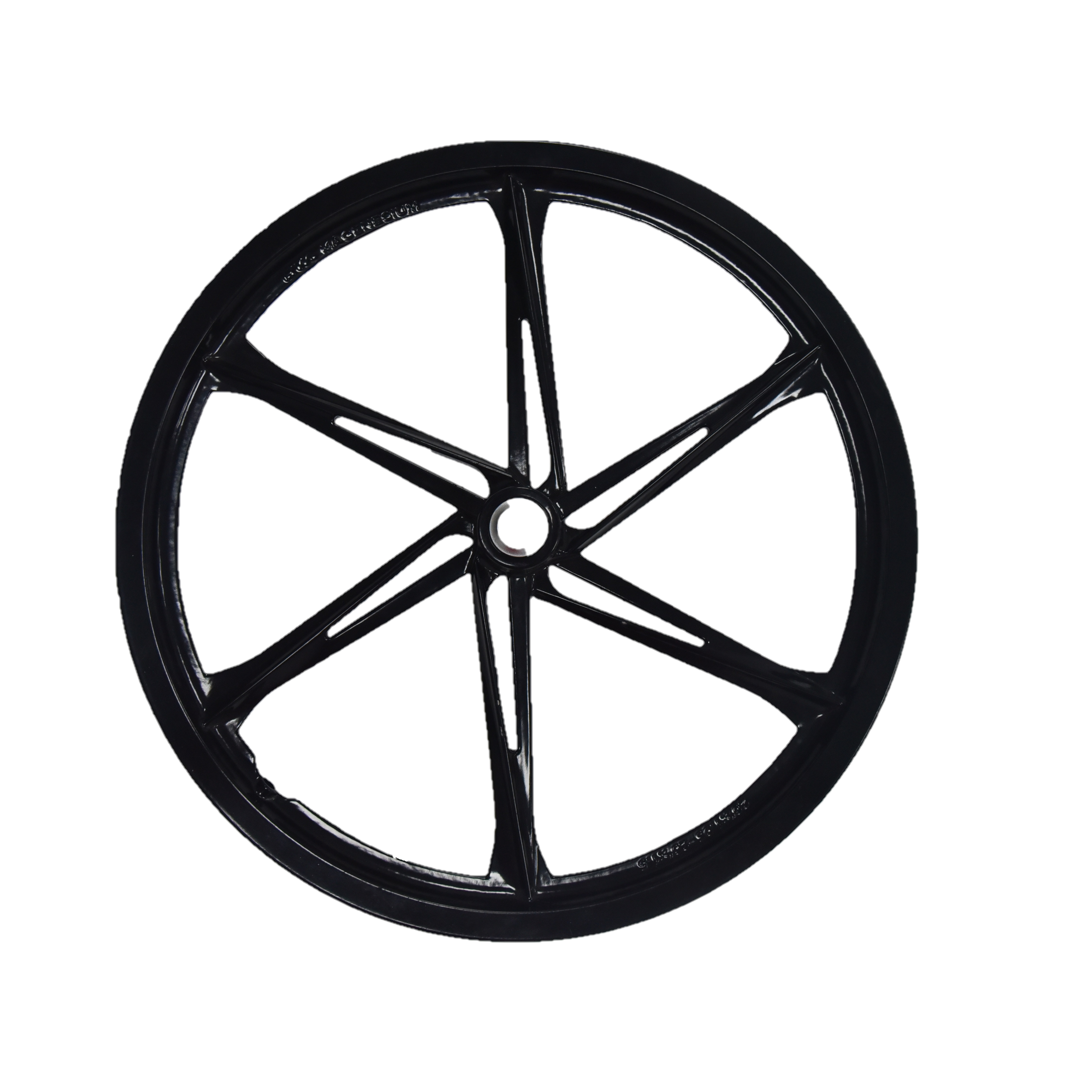Magnesium die casting has emerged as a versatile and lightweight solution in various industries. With its exceptional properties and numerous benefits, it has become an attractive choice for manufacturers across the globe. In this article, we will delve into the world of magnesium die casting and explore why it has gained such popularity.
Magnesium, as an element, possesses exceptional characteristics that make it an ideal material for die casting. With a density of 1.74 g/cm³, it is one of the lightest structural metals available. This low density makes magnesium die castings significantly lighter than those made from other materials such as aluminum or zinc. As a result, products manufactured using magnesium die casting are not only easier to handle but also reduce fuel consumption in transportation applications.
Apart from its lightweight nature, magnesium also exhibits excellent mechanical properties. It has a high strength-to-weight ratio, making it suitable for applications where strength is crucial, such as in the automotive and aerospace industries. Additionally, magnesium die castings offer excellent dimensional stability, corrosion resistance, and superior electromagnetic shielding properties. These properties make magnesium an ideal choice for components in electronic devices, telecommunications, and medical equipment.

One of the key advantages of magnesium die casting is its ability to produce complex shapes with tight tolerances. Die casting is a manufacturing process that involves injecting molten metal into a steel mold, or die, under high pressure. The mold is designed to replicate the desired shape of the final product. With magnesium’s excellent fluidity and low melting point, it can fill intricate and thin-walled sections of the mold with ease. This process allows for the production of highly complex and detailed parts that would be difficult or impossible to achieve with other manufacturing methods.
Another benefit of magnesium die casting is its exceptional thermal conductivity. Magnesium has one of the highest thermal conductivities among metals, making it an excellent choice for applications where heat dissipation is critical. This property is particularly valuable in automotive applications, where it helps in reducing engine temperatures and enhancing overall performance.
Furthermore, magnesium die castings can be easily machined, coated, and finished. They can be plated with various metals, such as chrome or nickel, to enhance their appearance and provide additional protection against corrosion. Additionally, magnesium die castings offer excellent surface finishing options, including painting, powder coating, and anodizing. These finishing techniques not only improve the aesthetics but also provide additional resistance to wear, weather, and chemicals.

While magnesium die casting offers numerous advantages, it does have certain limitations. Magnesium is highly reactive and prone to corrosion, especially in harsh environments. However, proper surface treatments and protective coatings can mitigate this issue effectively. It is also worth noting that the cost of raw magnesium is higher than aluminum or zinc. However, the lightweight nature of magnesium can offset this cost by reducing transportation and handling expenses.
In conclusion, magnesium die casting has emerged as a versatile and lightweight solution for various industries. Its exceptional properties, including lightweight nature, high strength-to-weight ratio, dimensional stability, and thermal conductivity, make it an ideal choice for a wide range of applications. Moreover, the ability to produce complex shapes with tight tolerances and the ease of machining and finishing further enhance its appeal. Although it has certain limitations, the benefits of magnesium die casting outweigh the challenges, making it a preferred choice for manufacturers worldwide.

 0086-750-5616188
0086-750-5616188 +86 13392089688
+86 13392089688 sales@zhongmei-tech.com
sales@zhongmei-tech.com













